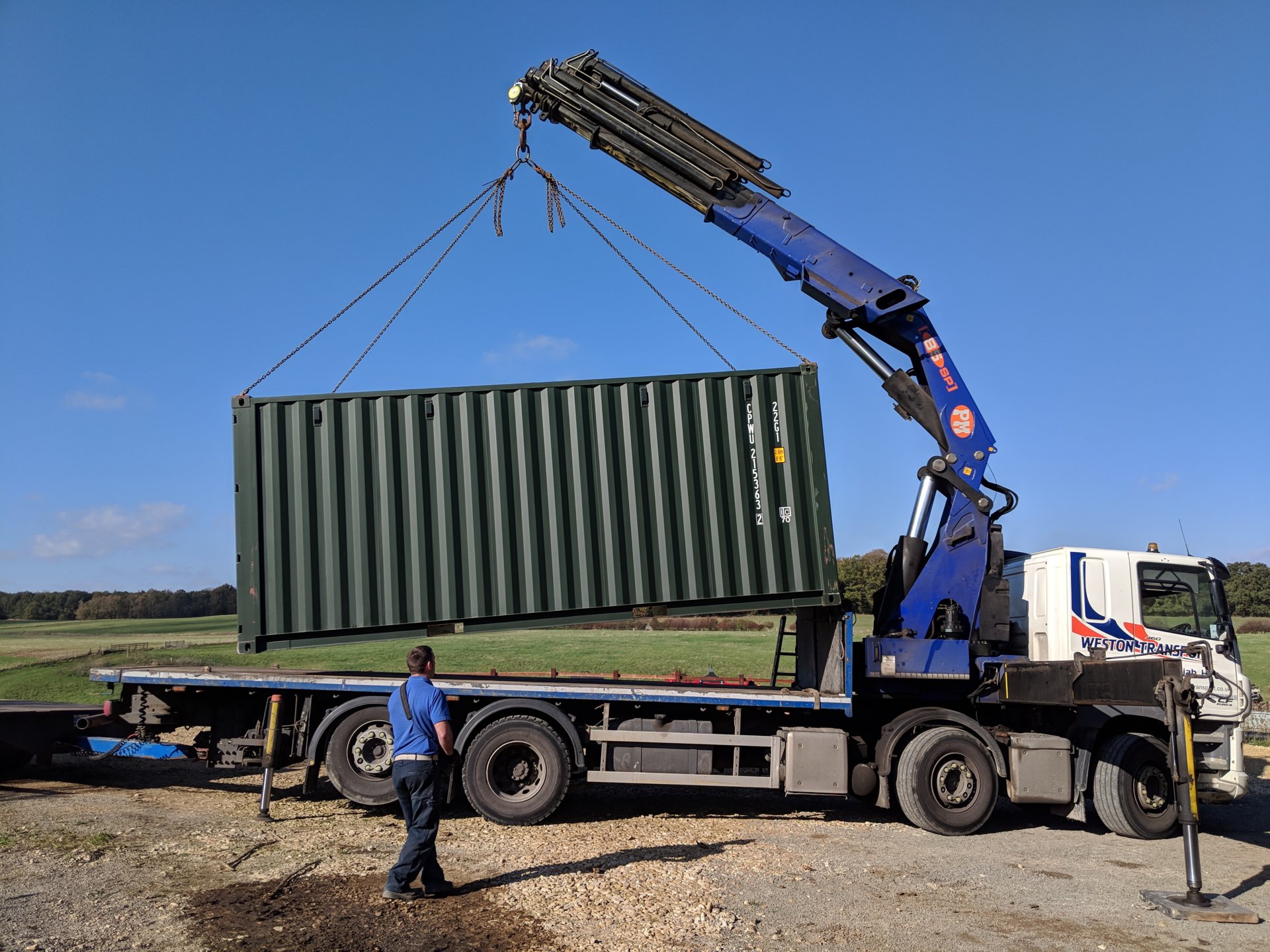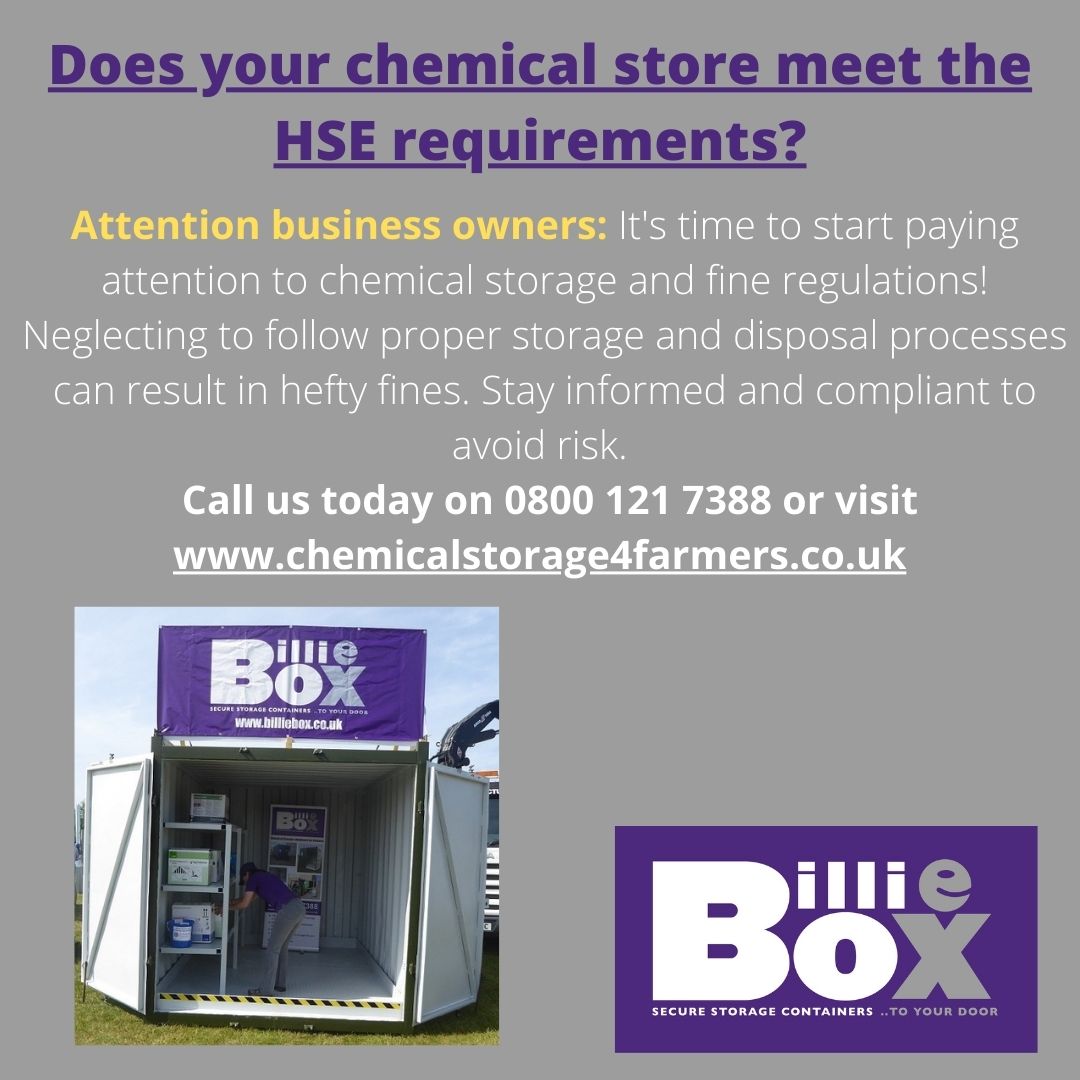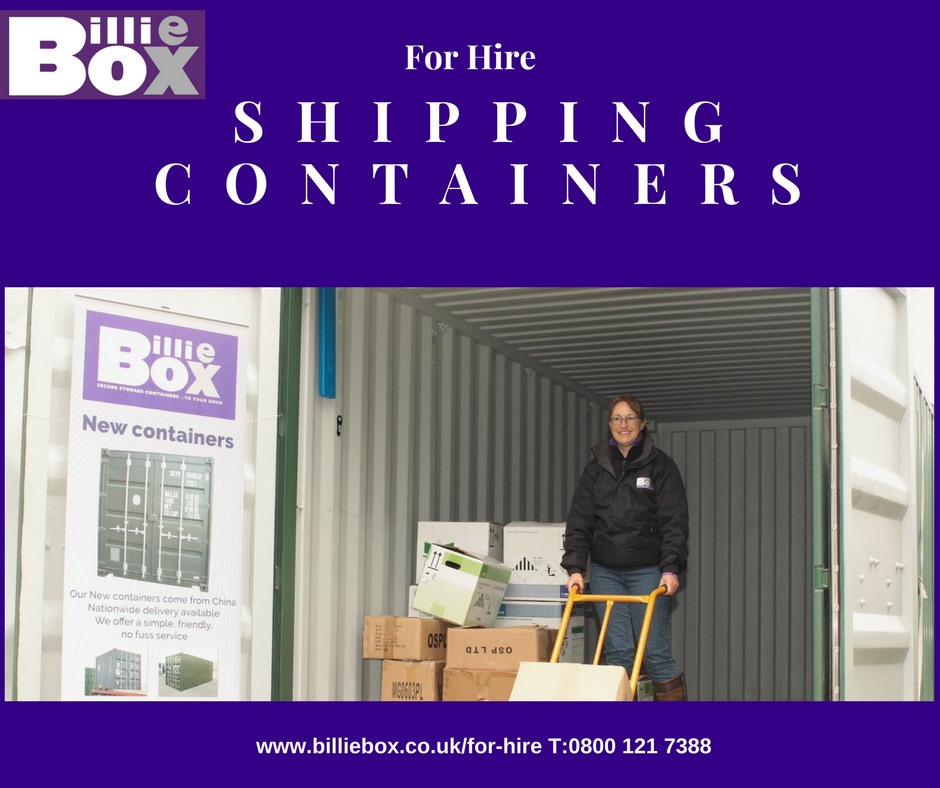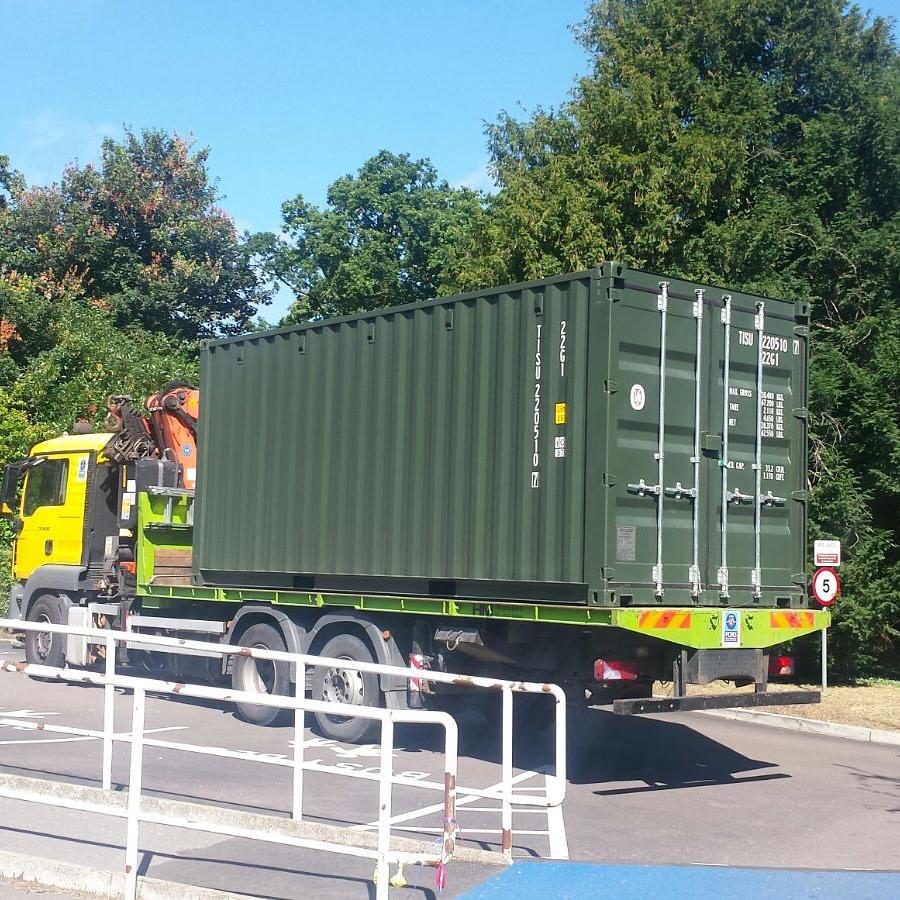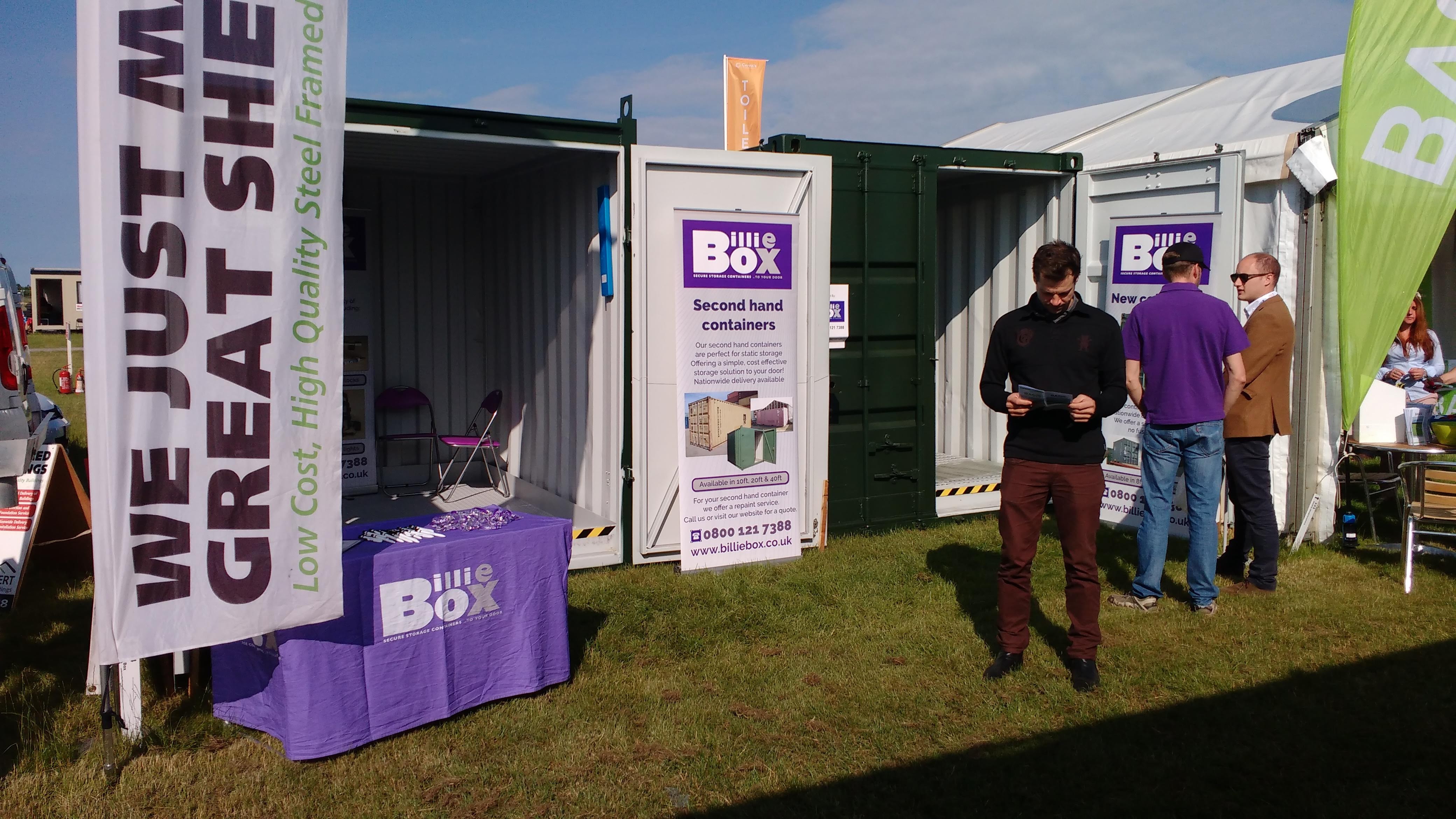A Milestone of Trust: Thank You for 12 Years of Support
Celebrating 12 Years of Trust and Excellence We here at Billie Box are celebrating 12 years of trading, offering our customers shipping container sales, hire and conversion with delivery to your door. This milestone is time for reflection and gratitude. We are so grateful for our customers, suppliers and staff support. Without this support we …



